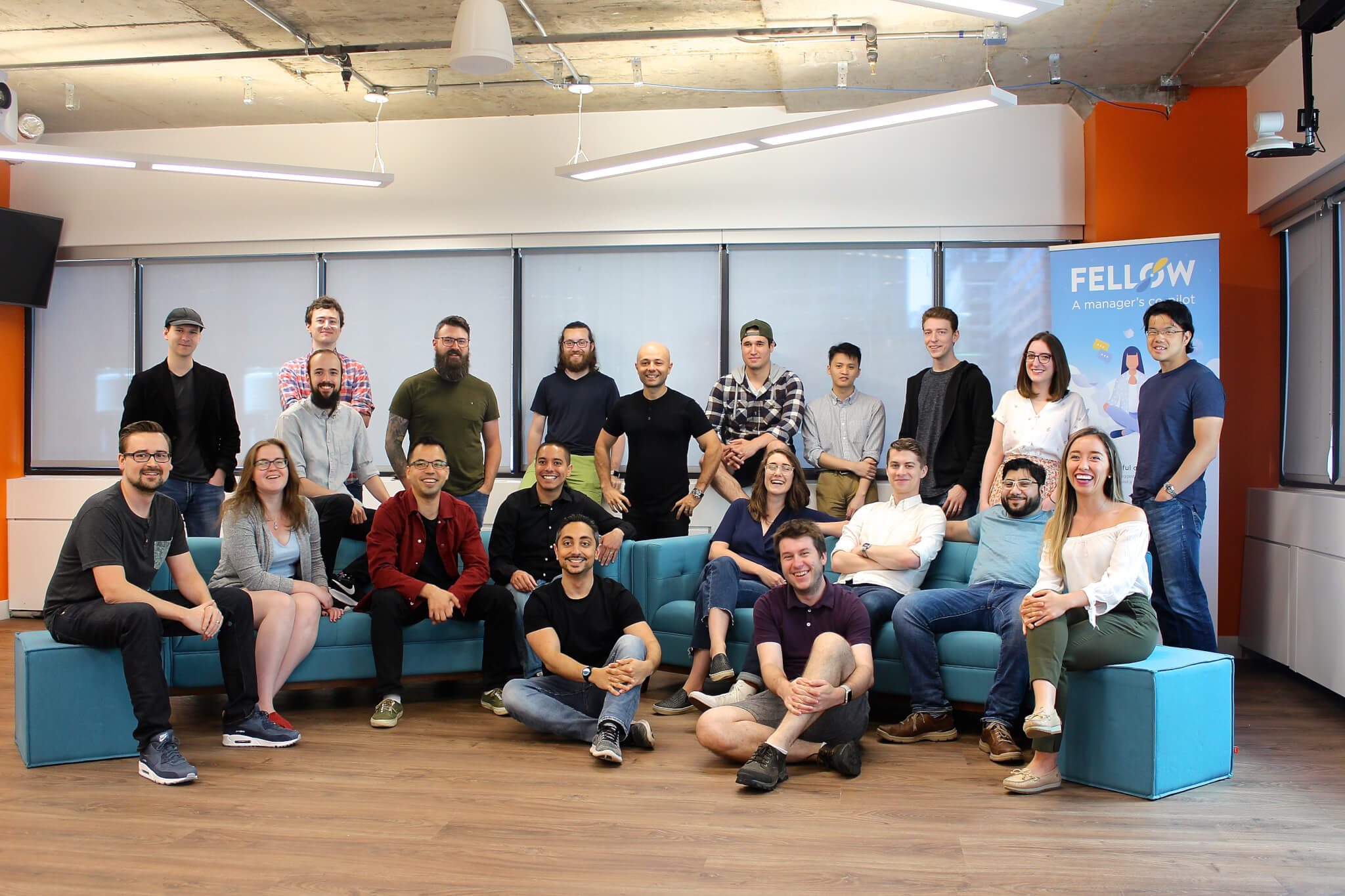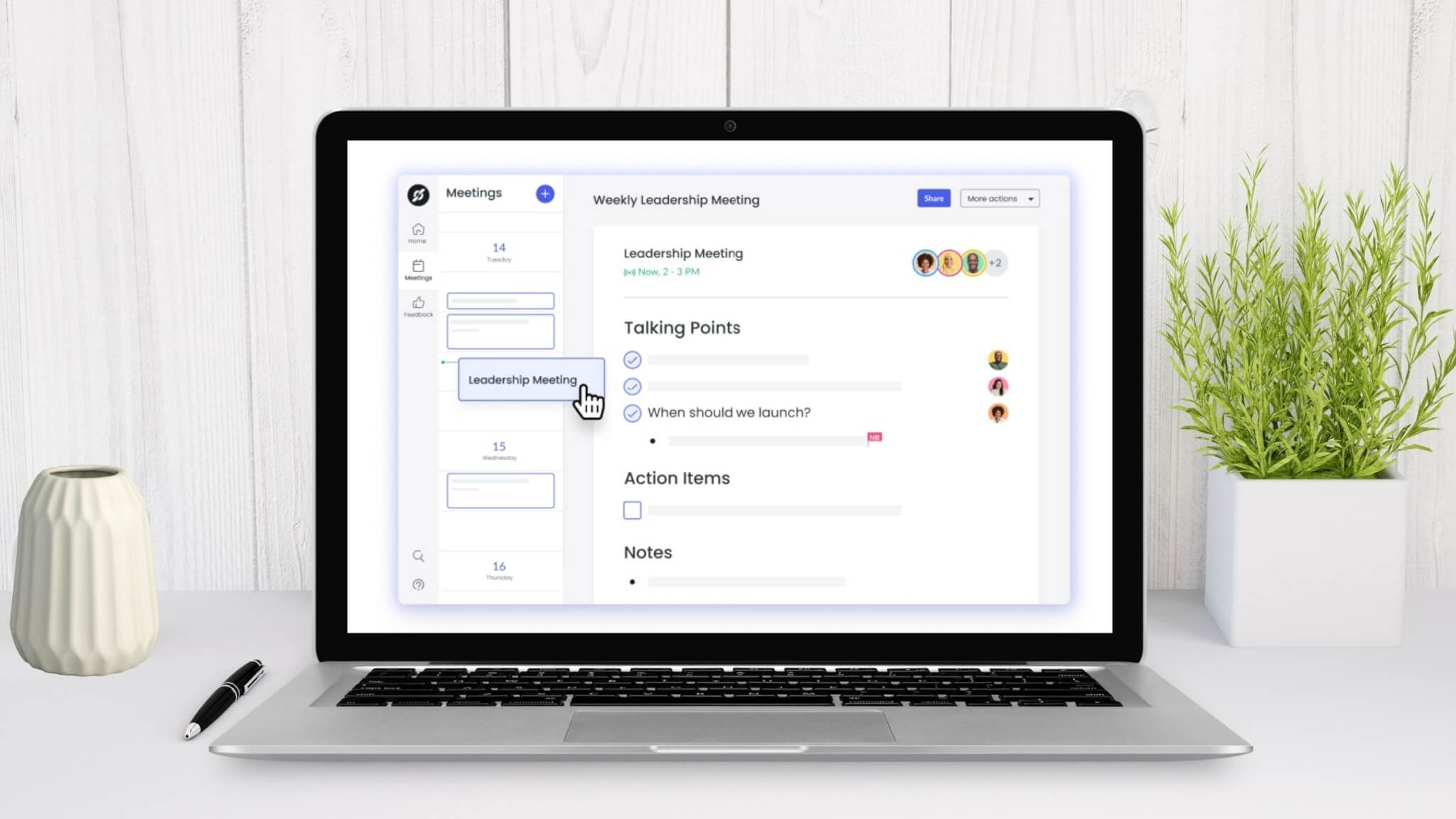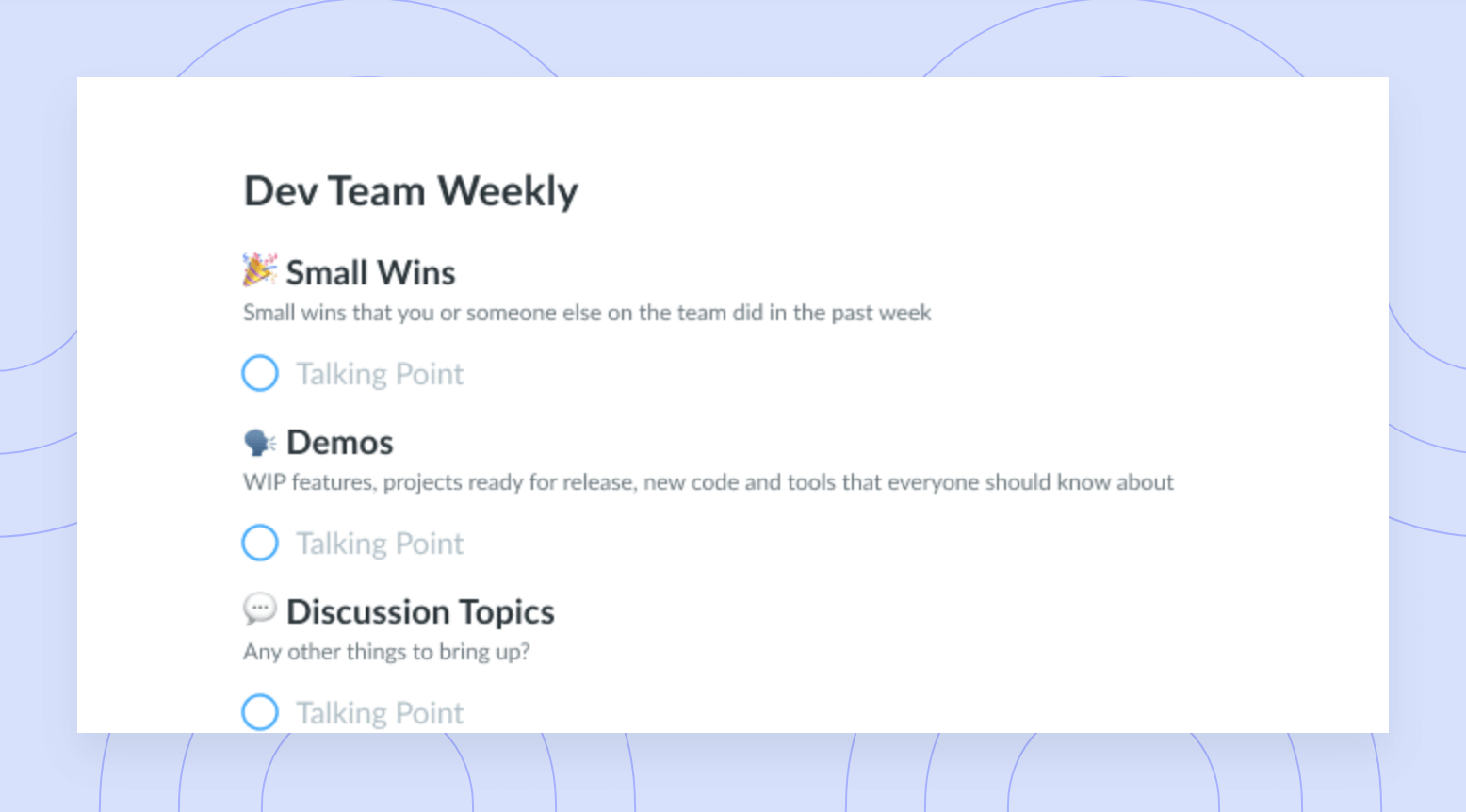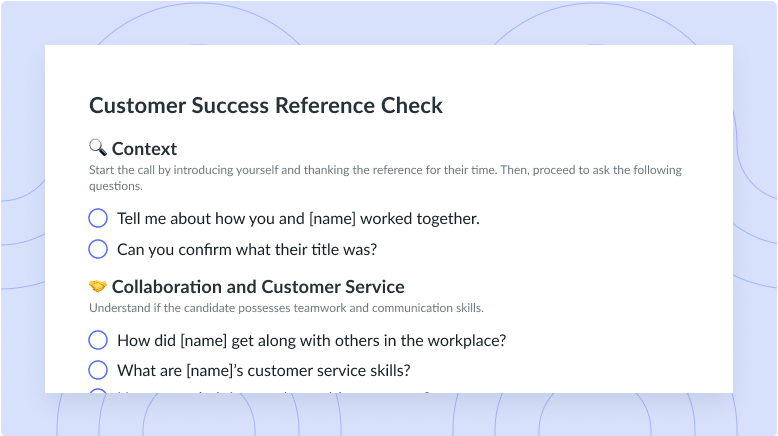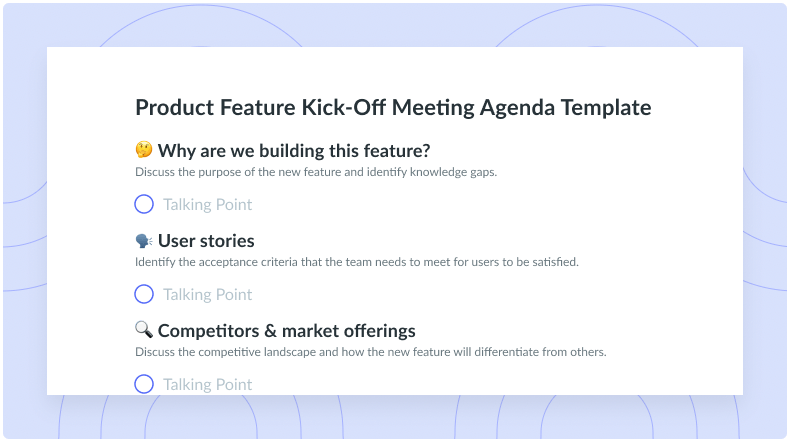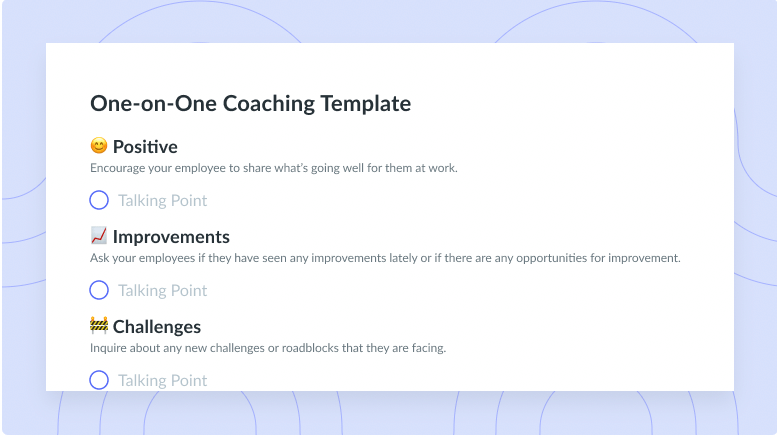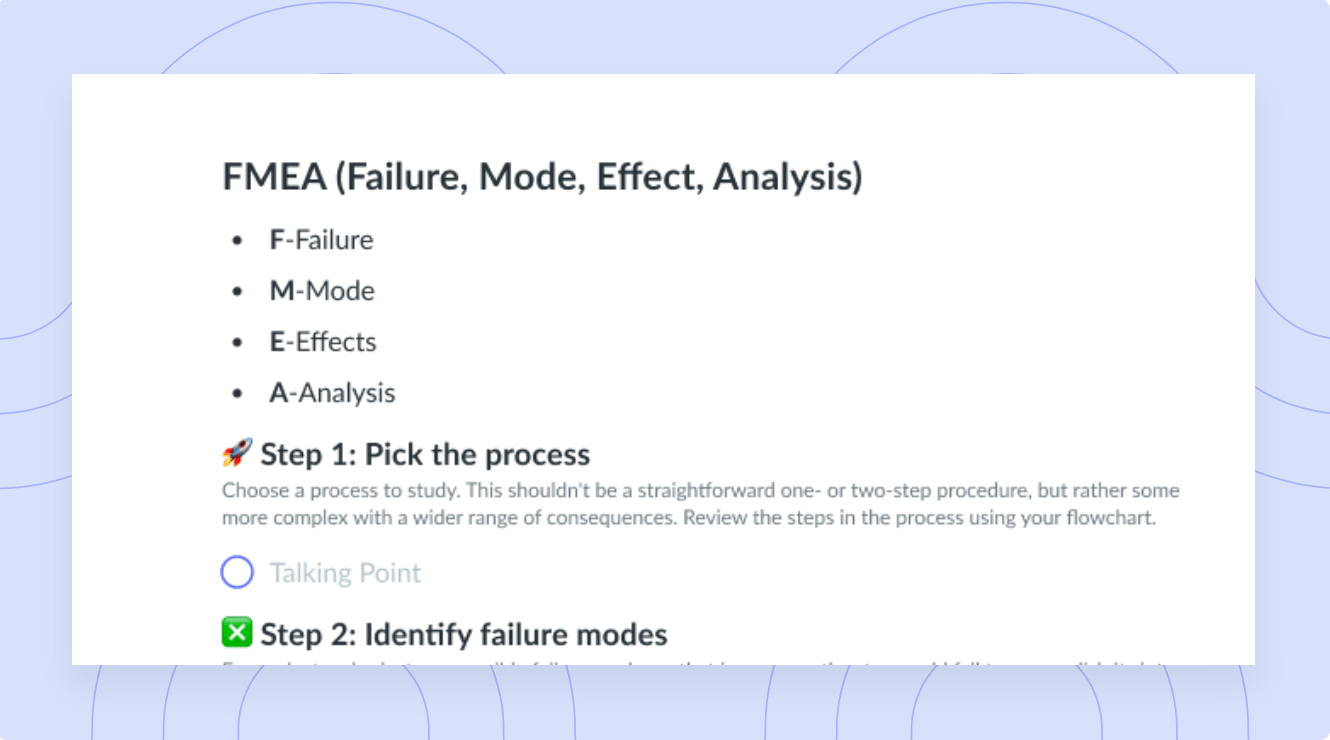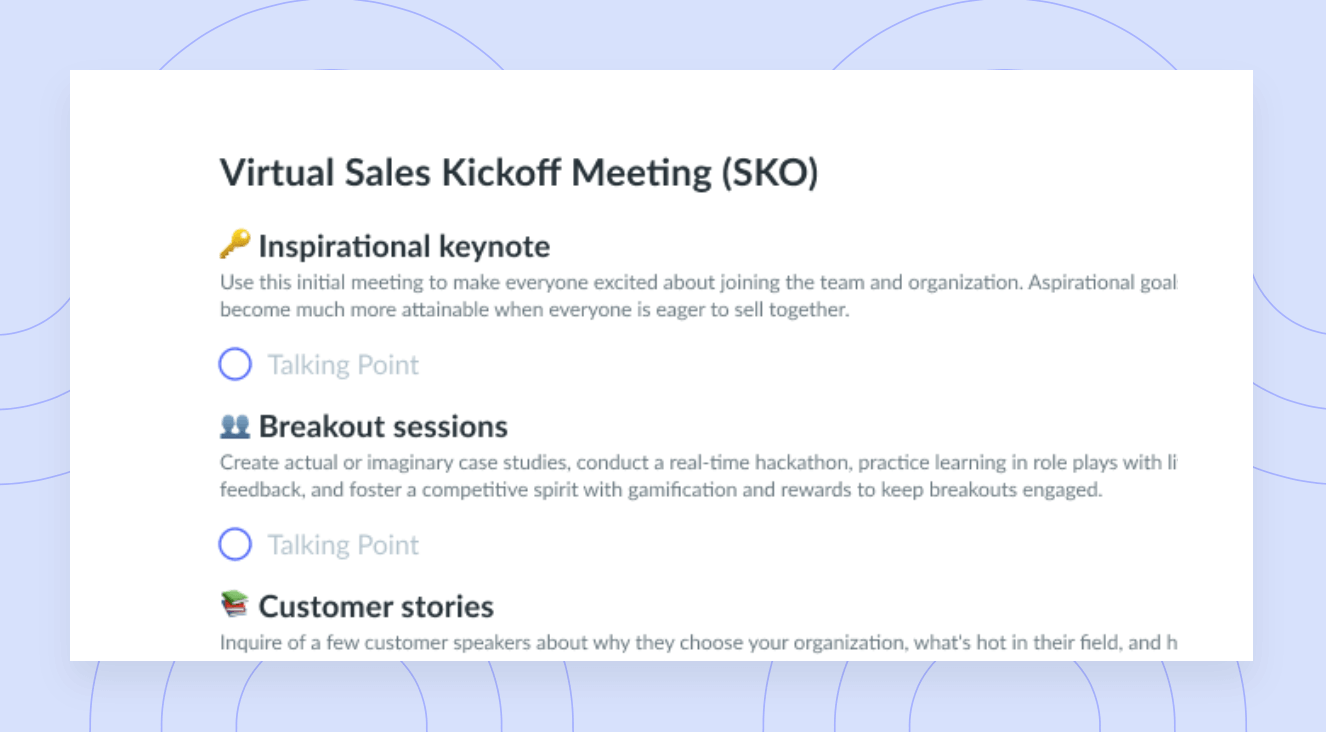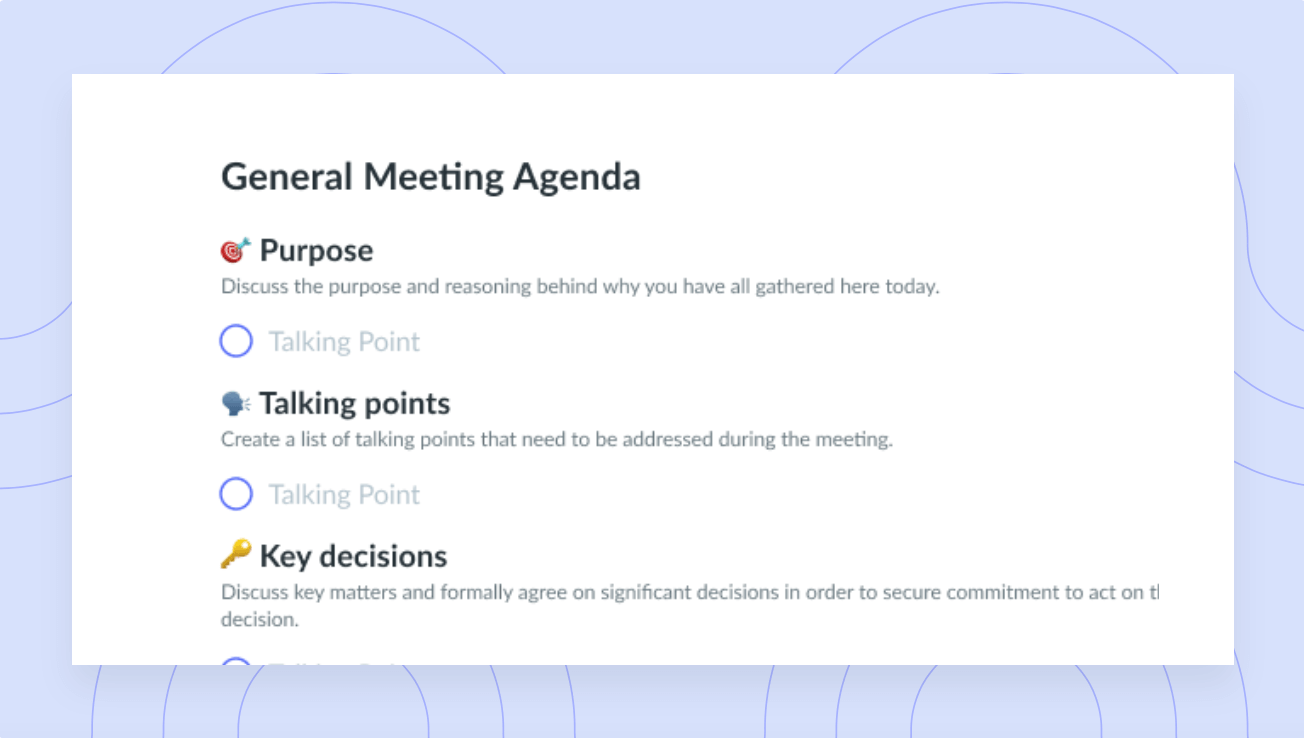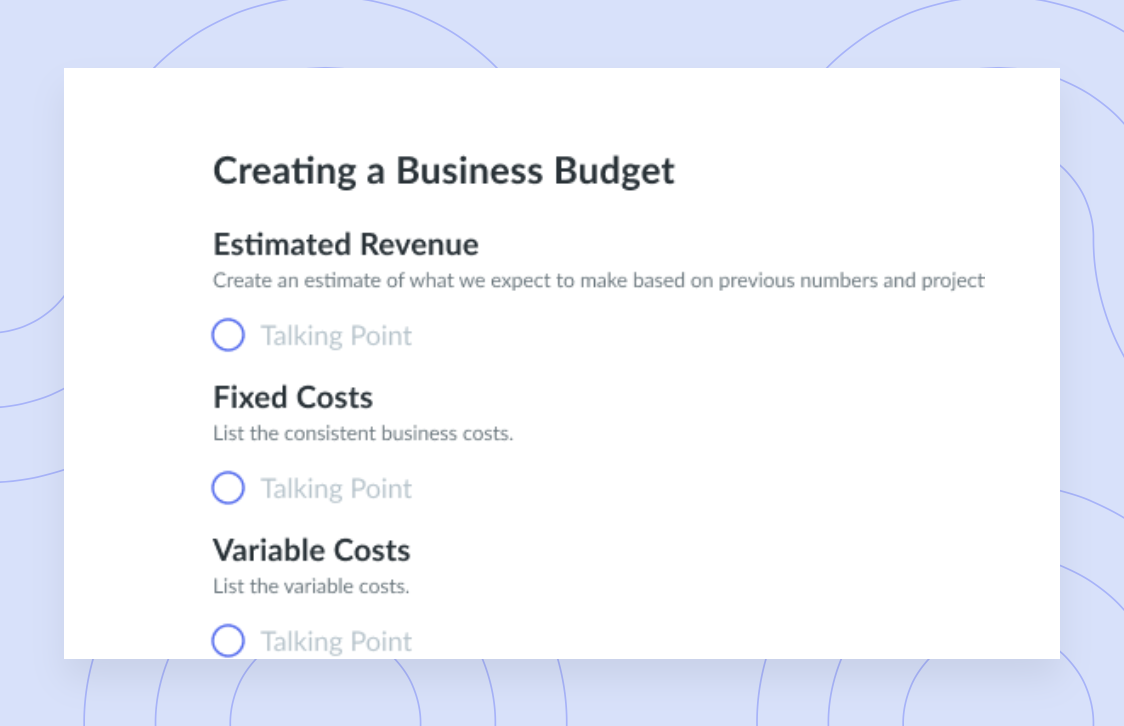Eran Aloni: Formulating Operating Principles and Cultivating Trust
How the Chief Operations Officer at Gong cultivates teams that breed trust while instilling powerful operating principles amongst teammates.
Eran is a startup executive and advisor, team builder, and business and product leader. Previously the COO and VP of Products at Adobe EchoSign, VP of Products at Influitive, and VP of Product Marketing at Clarizen, Eran is presently bringing his passion for great products to Gong where he serves as the Chief Operations Officer.
Listen to this episode (or read the transcript below) to learn how Eran’s experience in the military provided him with the foundation he needed to become an exceptional leader.
1 When was the first time you became a manager and started leading a team?
Like most people in Israel, I joined the military at a young age which gave me a lot of management experience. I was probably about 19 or 20 at the time and getting that leadership experience at such a young age was great.
When you work in the software industry or at a start-up, it takes you a while to reach that level of leadership because there are a lot of complex things you need to achieve first so it was great for me to be able to get that experience early on.
2 Did they throw you into a leadership role on day one or did you have to work your way up?
In most cases, if you’re good at what you do and you show some leadership skills, you’re given the opportunity to go through a training program and that’s how you get to become an officer. There are also additional layers of leadership training that you can choose to go through and it’s a really strong experience because you’re so receptive to learning and trying new things when you’re young.
3 What was one of the first things you learned during your leadership training?
A lot of what I learned was to be a role model and to provide your team with a NorthStar. It’s important to empower your team and to provide them with a sense of direction so they can understand the end goal and make decisions that align with the big picture. It’s not about making decisions for them. I think leadership is all about strategy, guidance, and coaching.
4 Did you manage or have authority over people that were more experienced than you?
Yeah, for sure. Both at a young age and later on in my career. You’re always going to have people who have been doing their roles for many years and they can be amazing people. If you trust them and value their knowledge it usually works out pretty well. It’s important to get their feedback and get them to buy into what you’re trying to do.
5 How has your leadership style evolved as you’ve moved companies?
I think that you always continue to learn throughout your career, and I feel like I’ve learned things in certain companies that I’ve brought to different roles. With that being said, every company is different, and the industry is always moving super quickly so the business that you’re operating in or your businesses goals are always going to be different. Using the same playbook is never going to work and that can be said from both a leadership perspective and a product strategy perspective. Everything has to continue to evolve. Even if you switch roles within the same company the things you were doing six months ago won’t be the same things that work six months from now.
6 Do you think management methodologies are influenced by the company culture?
Probably. I think you tend to hire people that can work well within your environment because that really strengthens the DNA of the company. How you expect your managers to behave, how you coach them to behave, how you value them, and how you compensate them all comes from the same core.
7 Why and how did you create the values at Gong?
I joined Gong because I felt like they were doing something special, and I wanted to be part of it. As we grew, we felt that we had something extremely special in terms of the way we operated, made decisions, and how we communicated, and they were all intrinsic priorities that we shared. It was really important for us to preserve and strengthen these same principles as we grew.
We wanted it to be a collaborative effort where the entire team shared what they believed to be special about the company. We also didn’t want it to be a top-down process and we didn’t want it to come from the CEO or founder because we wanted it to be something that people could actually make decisions with. It was important that it wasn’t just a nice slogan on the wall or something aspirational because we wanted everyone to be able to integrate it into their day to day. It was important that it wasn’t something we could become but something that we are right now so we could focus on something strong that we already had.
We took a group of 15-20 people and had a guided brainstorm session where people would basically take sticky notes and write down what they felt was special or what they wanted to maintain. We then started to group them into clusters and extract the essence out of each one. We then created the operating principles which are basically two or three words accompanied by two or three sentences that give them a bit more colour. They aren’t part of every onboarding class but rather the way we operate. People quote these operating principles all the time when they make a decision or talk to a peer. Our team uses them every day and they’re very proud of them. One of the most amazing things about them is how every team makes them their own.
8 How do these principles differ from company values?
We chose to call them operating principles because we wanted to make sure that they were very grounded in our decision-making process. The difference between saying that we’re a customer-centric company and saying that our operating principle is to create raving fans, is that one is very high level and can be interpreted in a lot of different ways and the other is a very specific thing that we want to achieve. It’s much more concrete and it really helps people decide how they are going to take their next steps.

9 How do you know when you should create operating principles?
I think if you start to notice that people are making decisions that you would never even think of making it means that something has gotten lost in translation. If you’re a leader and you start to notice that people you’re working with aren’t aligned on how you would like them to be making decisions or aren’t moving towards the same outcome it might be too late. You’ll want to do it early on as the team grows. I think setting a foundation is super important as you scale.
10 You often say that trust is the key to any functioning team. Can you elaborate?
Trust needs to work both ways. As a leader, you need to trust your team and your team needs to trust you. If you aren’t trusted by your team, they may not necessarily align with your vision or your guidance. A lot of things start breaking without trust and you can’t scale your organization, help your team develop, or get better at what you do if both parties don’t mutually trust each other. Trust is the core element of building great teams and one of the most important parts of leadership.
11 How do you make sure your teams have accountability?
If you signed up to do something then it’s yours to do, win or lose. Oftentimes teams are also collaborating on certain tasks and that makes them all accountable for it. There may be one member of the team that leads the way, but everyone is sharing the same goal and they’re all part of the same circle of accountability. I also think that a huge part of accountability is understanding that sometimes failures happen and being accountable doesn’t necessarily mean that something bad won’t happen because you also have to be accountable for the failures.
If people don’t feel accountable, they can’t learn because if they don’t take responsibility, they automatically assume that nothing is their fault. It all goes back to trust because it’s very difficult to have someone be accountable for something if they don’t trust you.

